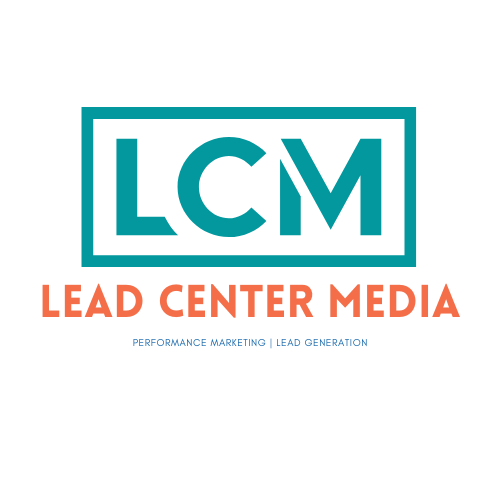
Mastering Search Engine Optimization for Business Websites.
“In today’s digital age, establishing a robust online presence is imperative for businesses to achieve success. Search Engine Optimization (SEO) plays a pivotal role in securing high rankings for your business website on search engine results pages (SERPs), thereby driving organic traffic and potential customers. This article delves into the fundamental aspects of SEO and offers insights on how businesses can optimise their online presence to outshine the competition.”
What Questions are People Asking About SEO?
1.1. What is SEO, and why is it important for businesses?
1.2. How long does it take to see results from SEO efforts?
1.3. What are the best practices for SEO in 2023?
1.4. How does SEO differ from paid advertising?
1.5. Is it necessary to hire an SEO expert for my business?

The 3 Fundamental Components of Search Engine Optimization
- On-Page SEO: This component focuses on optimising the content and structure of individual web pages to make them more search engine-friendly. It involves keyword research, meta tags optimization, URL structure, and internal linking to enhance the website’s relevance and authority.
- Off-Page SEO: Off-page SEO refers to the strategies used outside of the website to improve its visibility and credibility. Building high-quality backlinks, social media marketing, and online brand mentions are crucial elements of off-page SEO.
- Technical SEO: Technical SEO involves optimising the website’s technical aspects to improve its crawlability, indexation, and overall user experience. This includes site speed optimization, mobile responsiveness, XML sitemap creation, and fixing broken links.
How to Optimise Your Business Website for Search Engines
- Keyword Research: Identify relevant keywords and phrases that your target audience is using to search for products or services related to your business. Integrate these keywords strategically into your website’s content.
- Content Optimization: Create high-quality, valuable, and engaging content that caters to your audience’s needs. Optimise your content with relevant keywords, headings, and meta tags to improve its visibility in search results.
- User Experience: Ensure that your website is user-friendly and easy to navigate. A positive user experience leads to longer visit durations and increased chances of conversion.
- Mobile Responsiveness: With the growing number of mobile users, having a mobile-responsive website is crucial for SEO. Google priorities mobile-friendly websites in its search results.
The Biggest Challenge in SEO and the Most Difficult Part
The biggest challenge in SEO is keeping up with the constantly evolving search engine algorithms and ranking factors. Search engines like Google frequently update their algorithms, which can impact a website’s rankings. Staying informed about the latest trends and best practices in SEO is crucial to maintain and improve a website’s performance.
The most difficult part of SEO is achieving and maintaining a high search engine ranking in competitive industries. Building authority, earning quality backlinks, and consistently producing valuable content require time, effort, and a strategic approach.
“Search Engine Optimization (SEO) stands as a vital cornerstone for achieving a successful online presence in the business world. By comprehending the fundamental elements of SEO, optimising websites for search engines, and prioritising key areas of improvement, businesses can elevate their visibility, attract a higher volume of organic traffic, and ultimately accomplish their digital marketing objectives. Although SEO may pose challenges, maintaining steadfast commitment to best practices and adapting to evolving digital trends will undoubtedly yield substantial long-term advantages for businesses striving for online success.”
Related Posts

10 Digital Marketing Strategies


